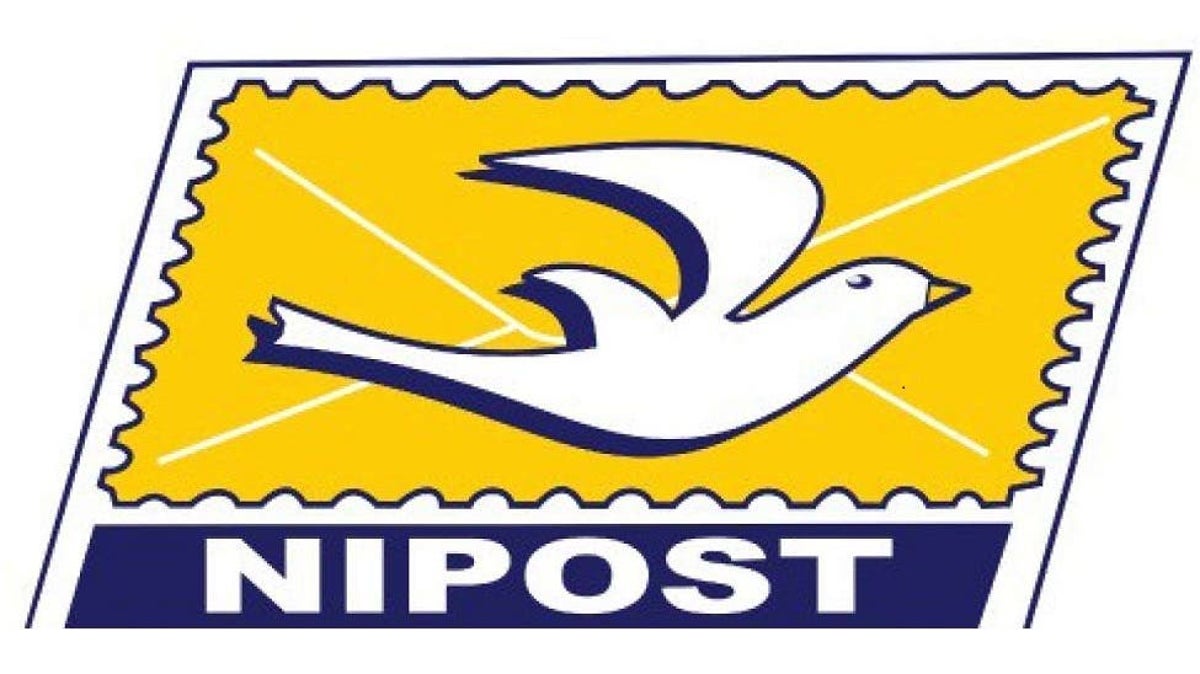The Ministry of Industry, Trade and Investment has initiated the disbursement of the long-awaited N200 billion Presidential Conditional Grant Scheme.
This is the beginning of a vital phase in the government’s strategy to provide financial assistance to manufacturers and businesses across Nigeria.
The scheme, which is being administered through the Bank of Industry (BOI), has been divided into three categories of funding, totaling N200 billion.
The disbursement process comes after an exhaustive selection process and verification of applicants to ensure transparency and accountability in the allocation of funds.
Doris Aniete, spokesperson for the Ministry of Industry, Trade and Investment, announced the progress in a statement posted on the trade minister’s official X (formerly Twitter) handle.
Aniete highlighted that verified beneficiaries have already started receiving their grants, signaling the beginning of the phased disbursement strategy.
“We are pleased to inform you that the disbursement process for the Presidential Conditional Grant Programme has officially commenced. Some beneficiaries have already received their grants, marking the beginning of our phased disbursement strategy,” stated Aniete.
She further disclosed that by Friday, April 19, a substantial number of verified applicants are set to receive significant disbursements.
However, Aniete emphasized that disbursements are ongoing, and not all applicants will receive their grants immediately, assuring that all verified applicants will eventually receive their grants in subsequent phases.
The initiation of the disbursement process comes after more than eight months since President Bola Tinubu announced the grant for manufacturers and small businesses.
The scheme aims to mitigate the adverse effects of recent economic reforms and foster sustainable economic growth by empowering businesses with financial support.
President Tinubu had outlined the government’s commitment to strengthening the manufacturing sector and creating job opportunities through the disbursement of N200 billion over a specified period.
The funding is intended to provide credit to 75 enterprises, each able to access up to N1 billion at a low-interest rate of 9% per annum.
However, the implementation of the programme has faced challenges, including delays and criticisms regarding the registration process.
Femi Egbesola, President of the Association of Small Business Owners, expressed concerns over the slow pace of data collation and suggested that genuine businesses were being discouraged from accessing the loans.
Despite the hurdles, the commencement of the disbursement process signifies a significant step forward in the government’s efforts to provide vital support to manufacturers and businesses, potentially revitalizing economic activities and driving growth across various sectors.
As beneficiaries begin to receive their grants, the impact of this initiative on the nation’s economic landscape is eagerly anticipated.


 Forex2 weeks ago
Forex2 weeks ago


 Naira2 weeks ago
Naira2 weeks ago
 Naira4 weeks ago
Naira4 weeks ago
 Company News4 weeks ago
Company News4 weeks ago
 Billionaire Watch1 week ago
Billionaire Watch1 week ago




 Naira2 weeks ago
Naira2 weeks ago




 Naira4 weeks ago
Naira4 weeks ago




 Naira1 week ago
Naira1 week ago















